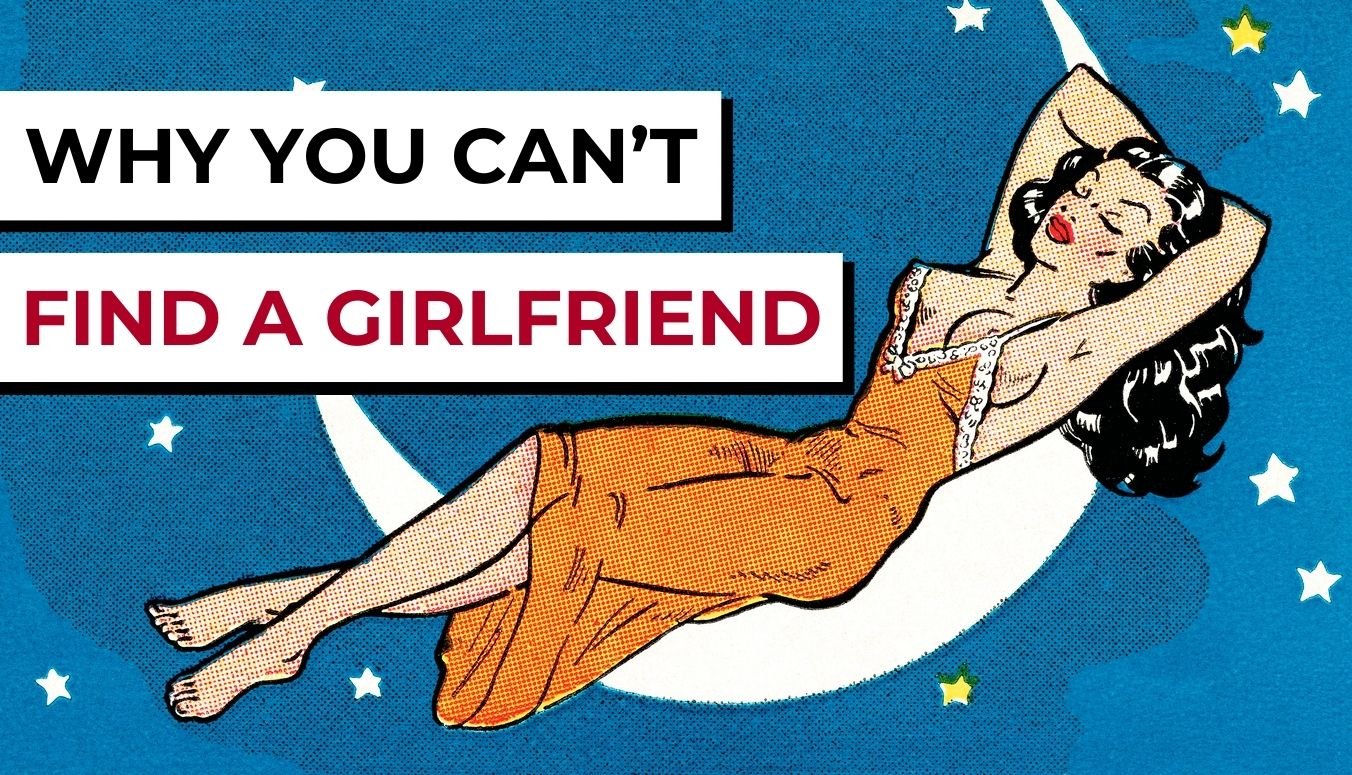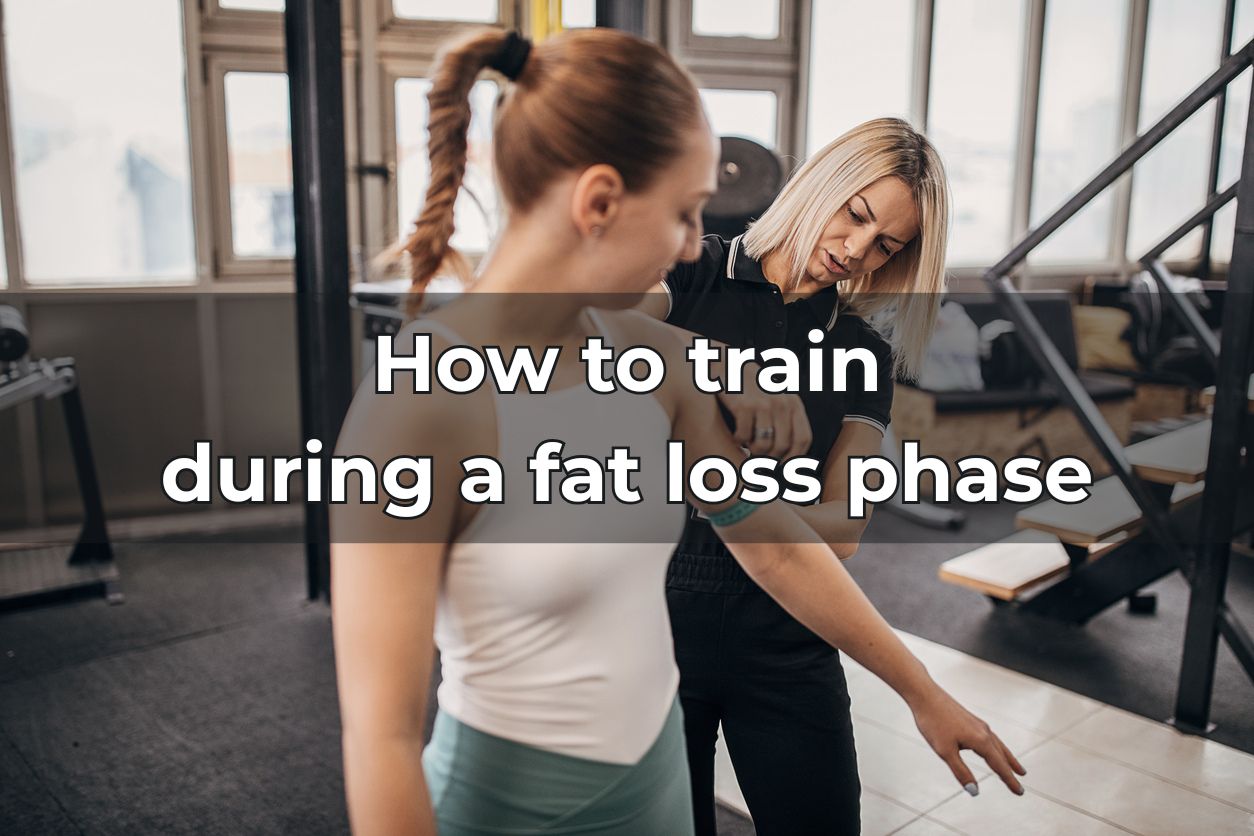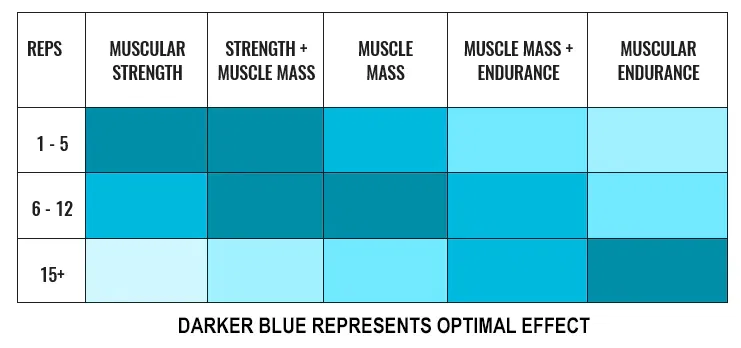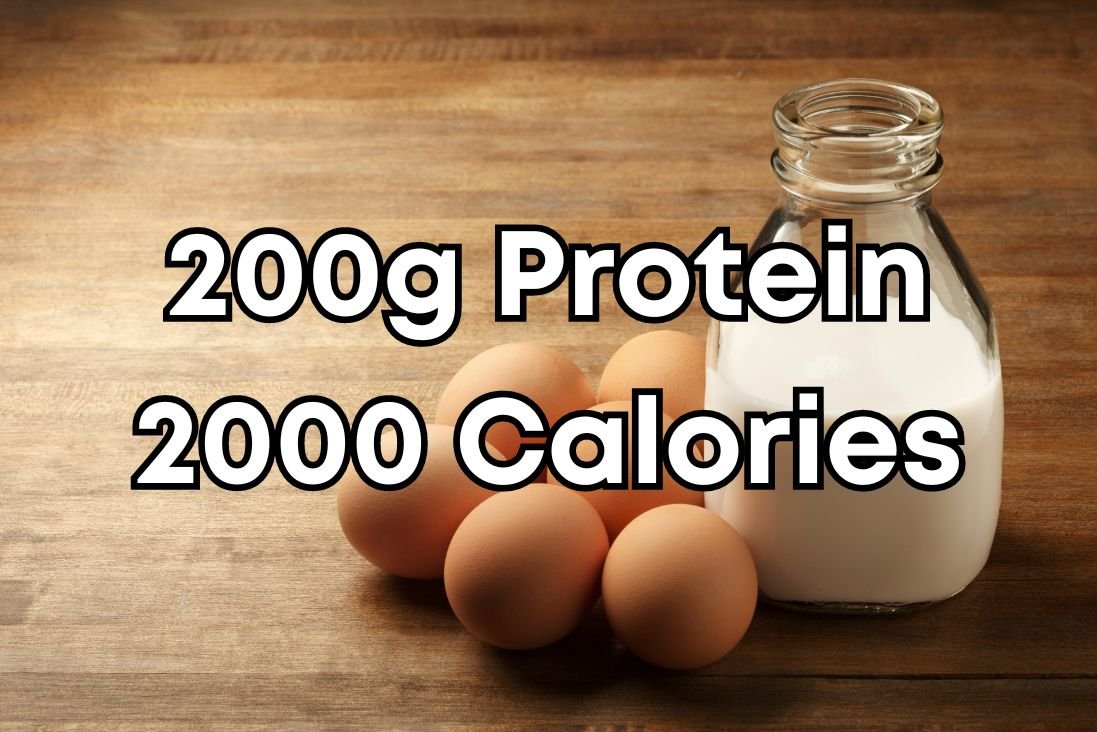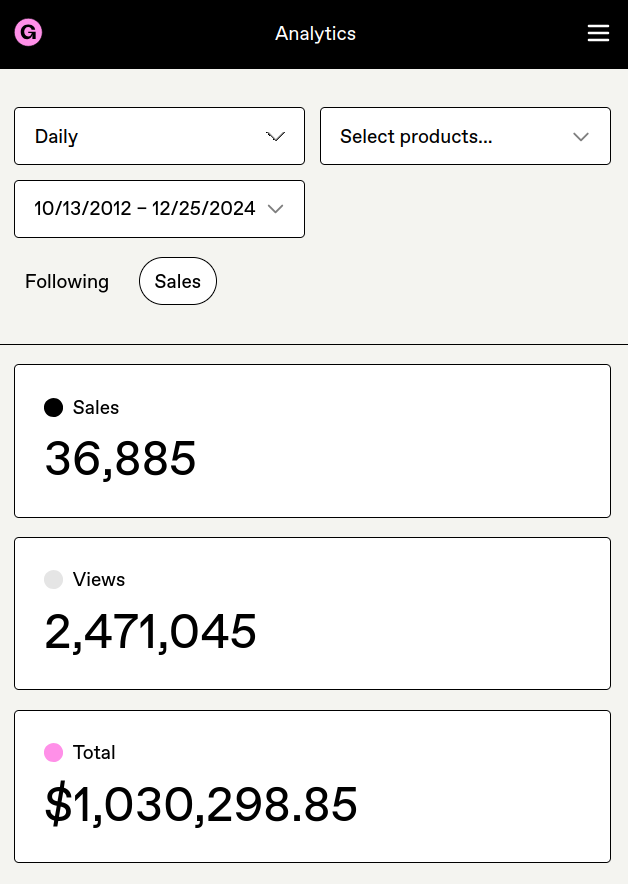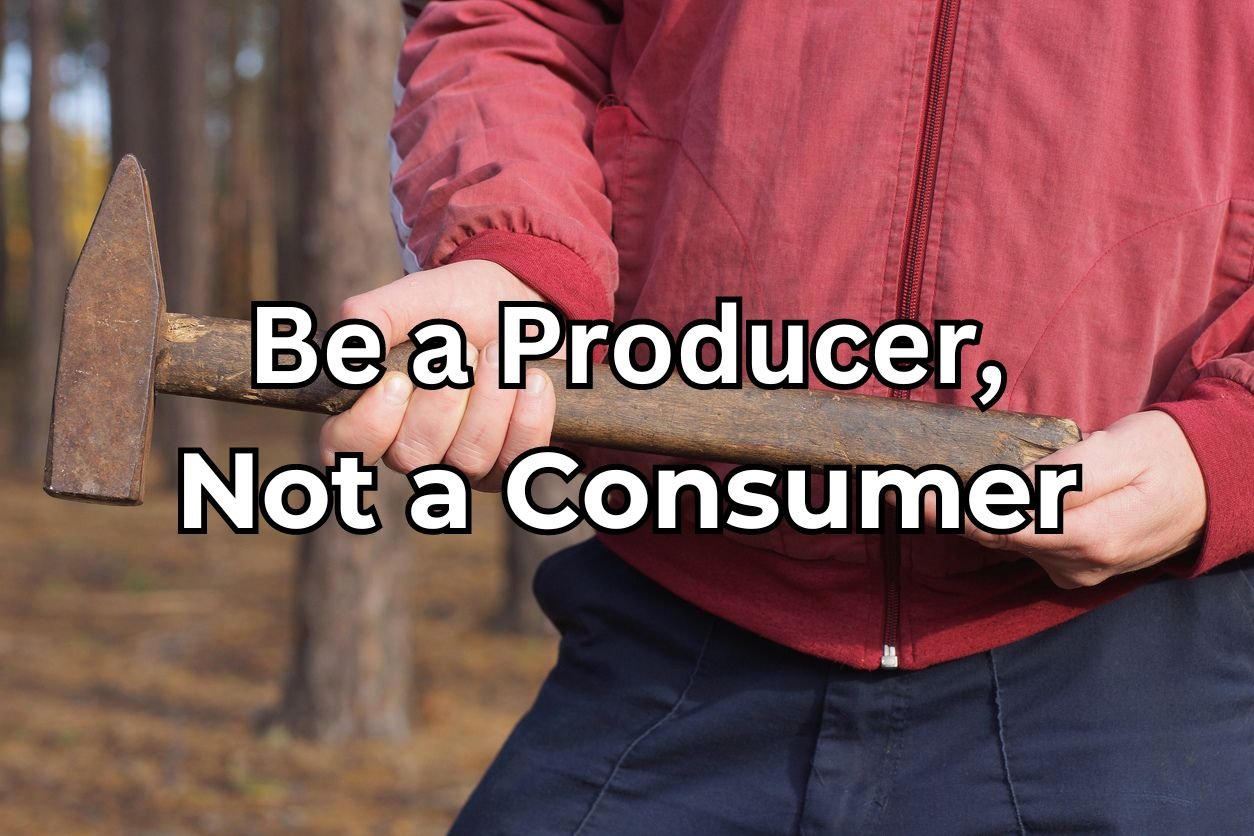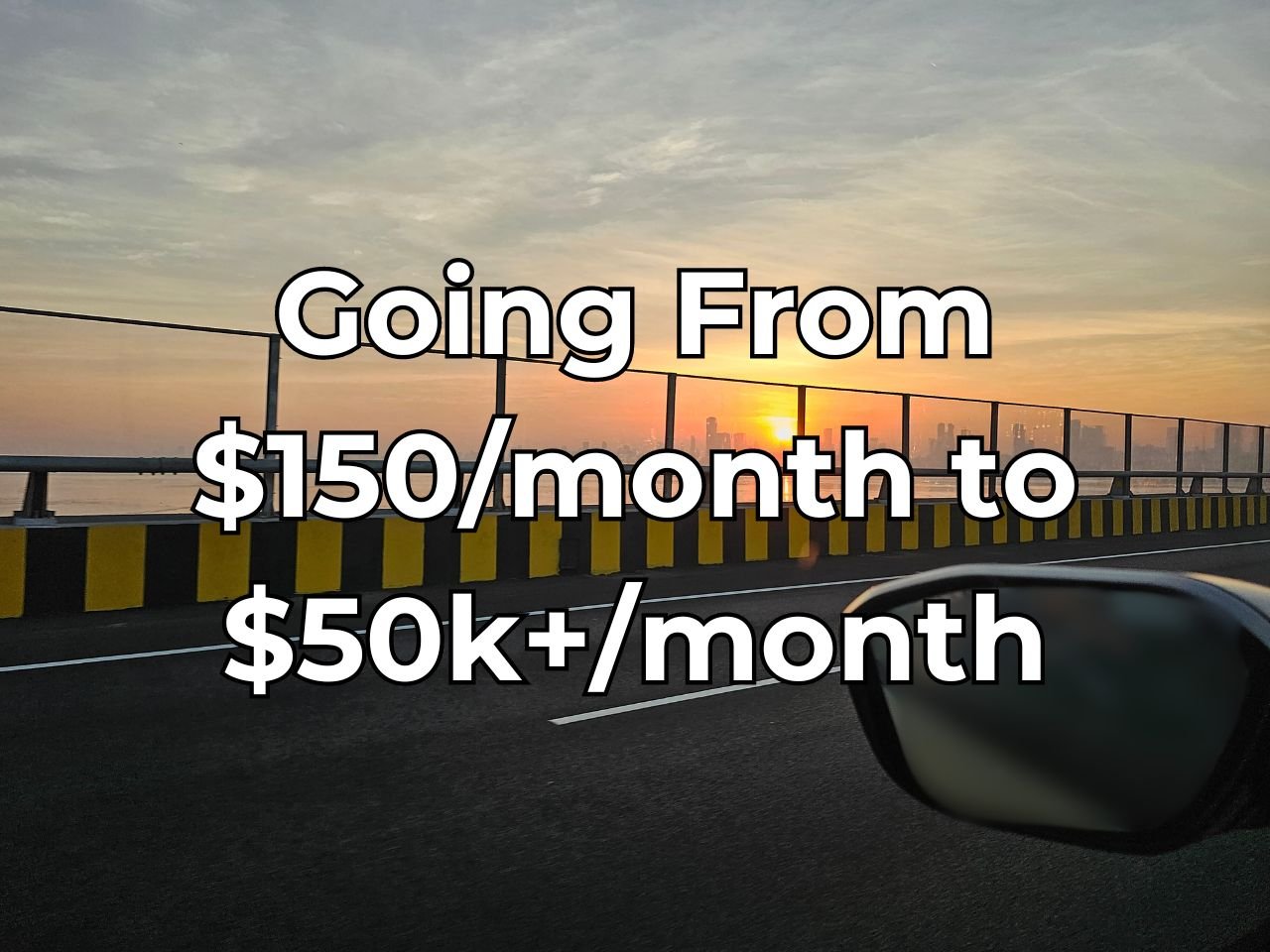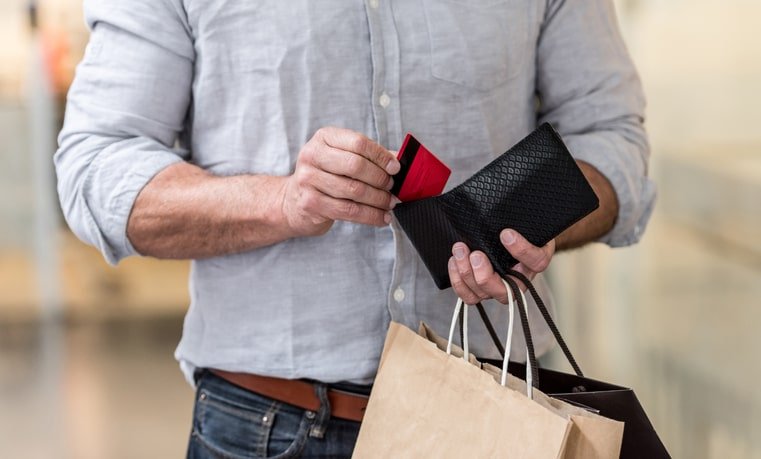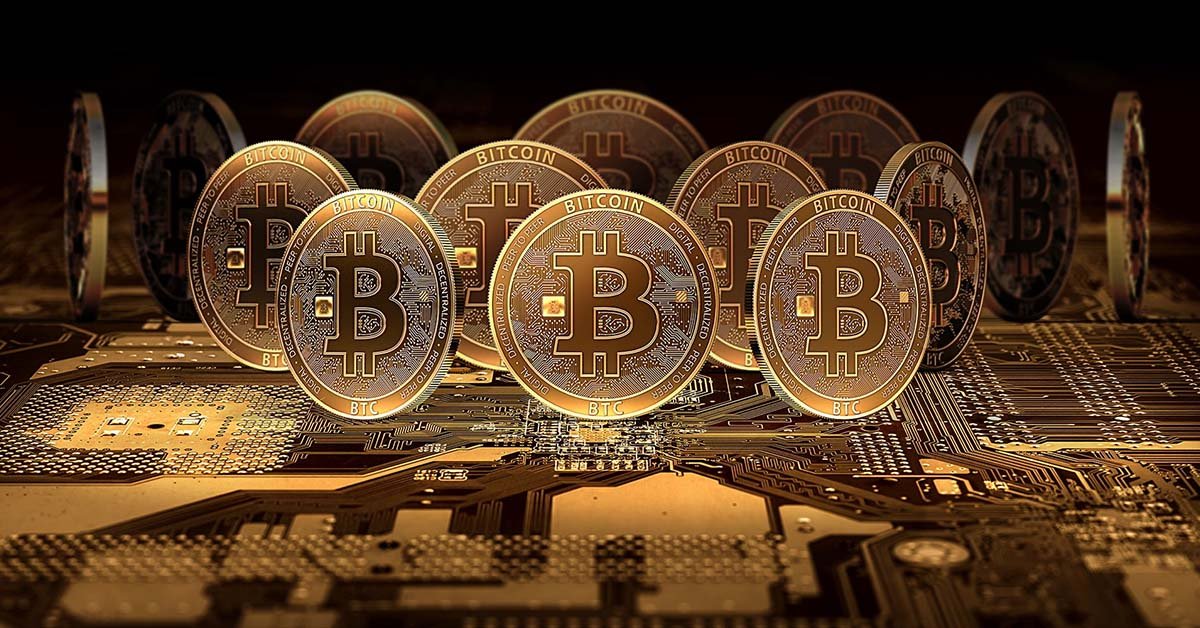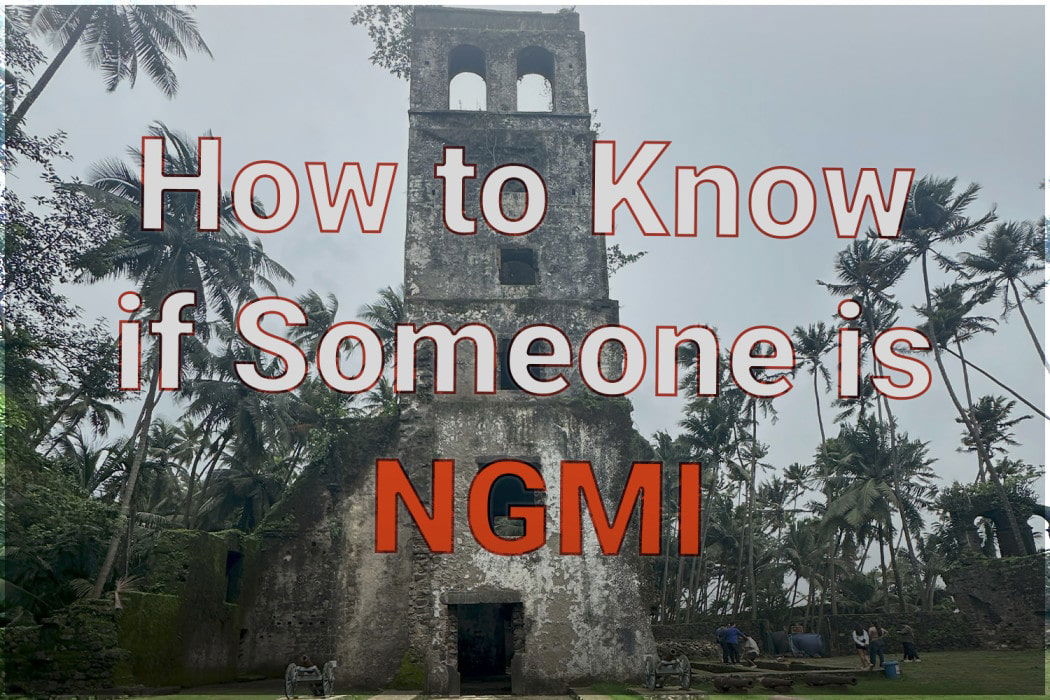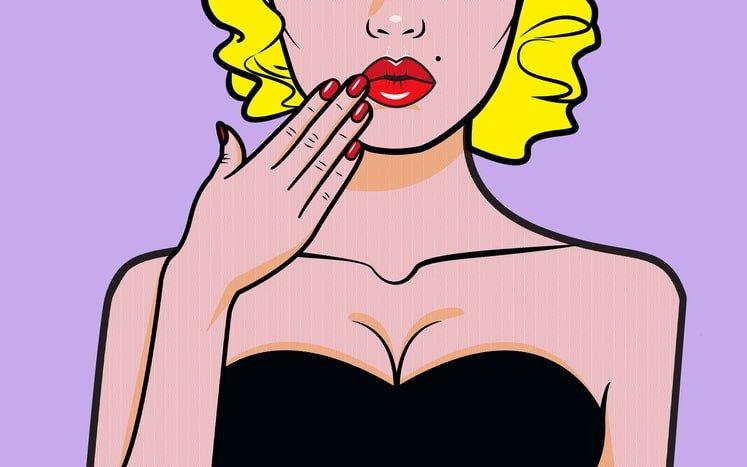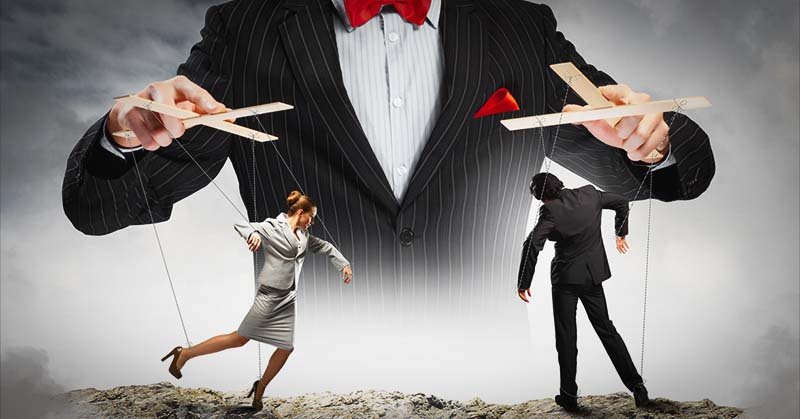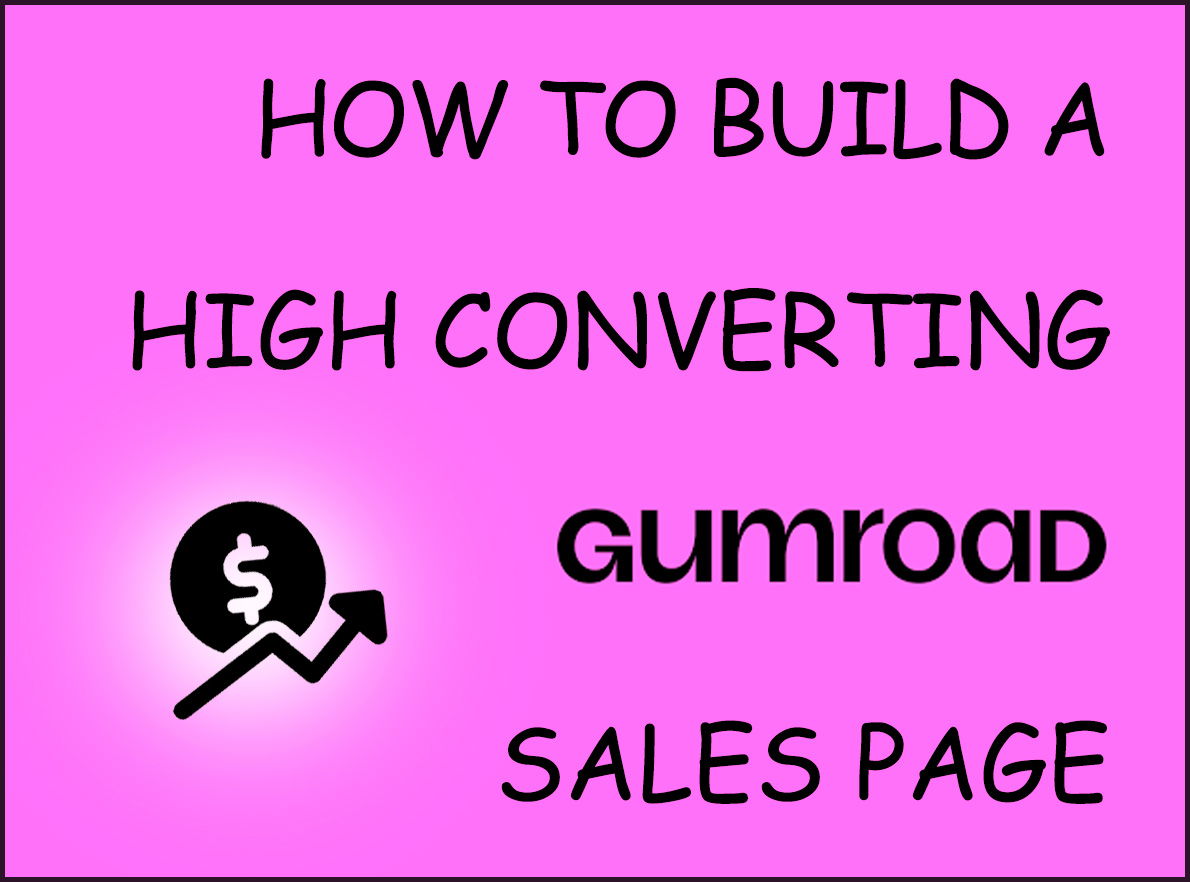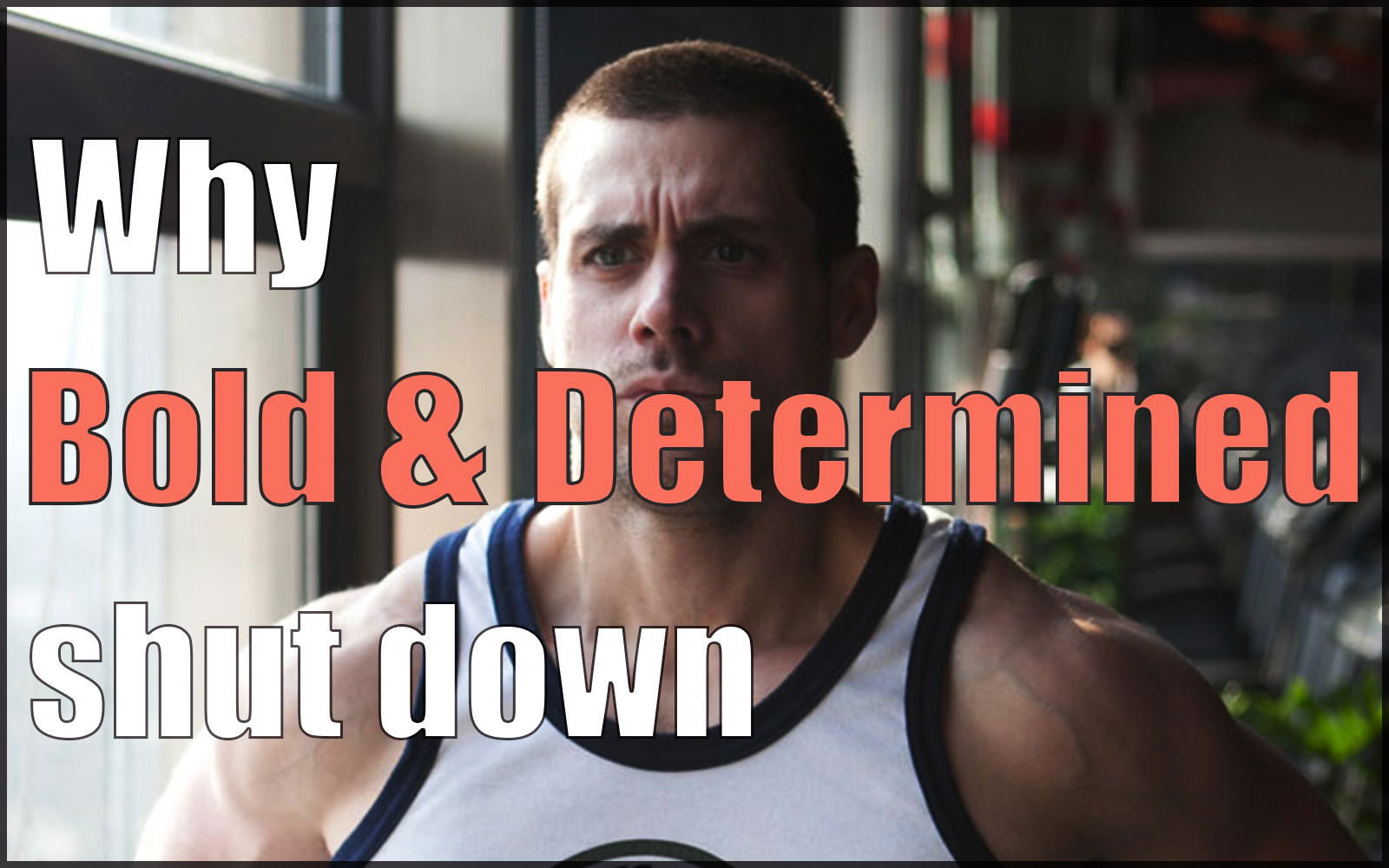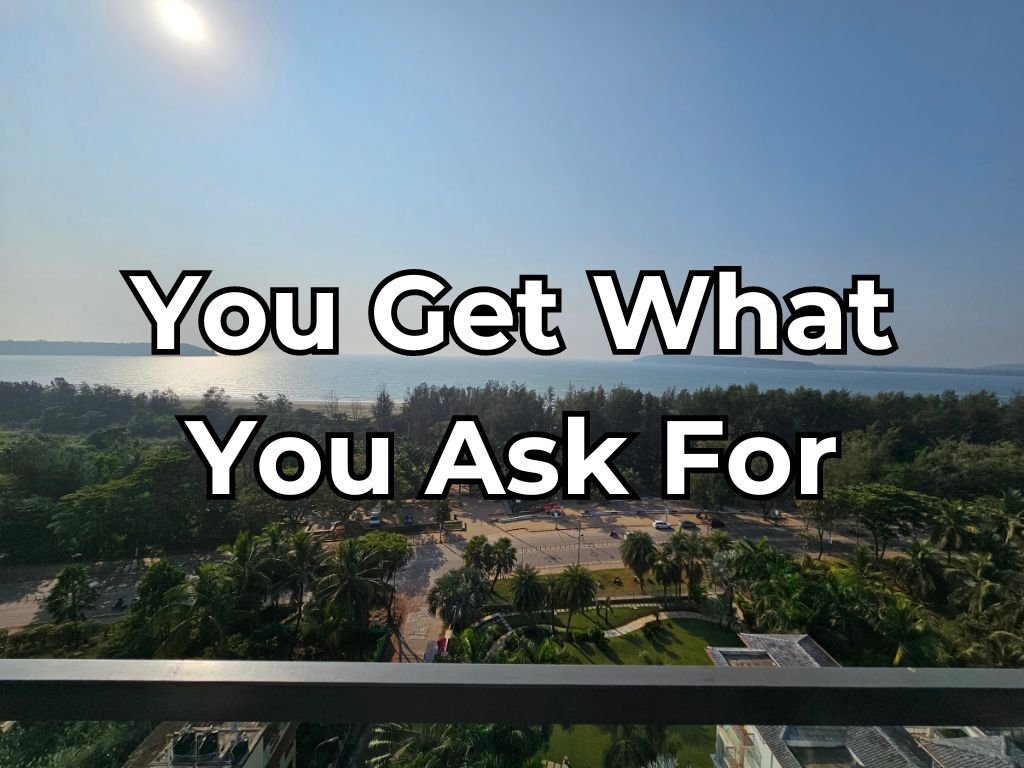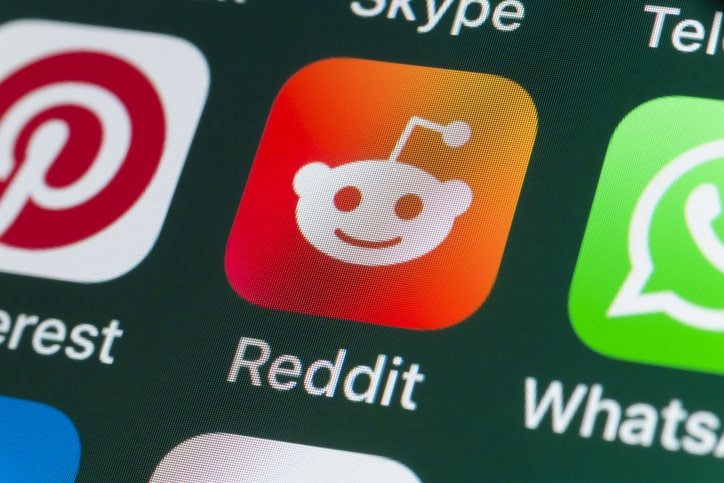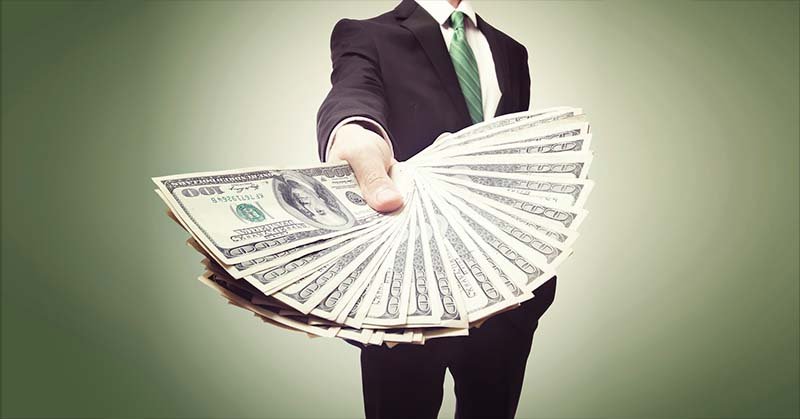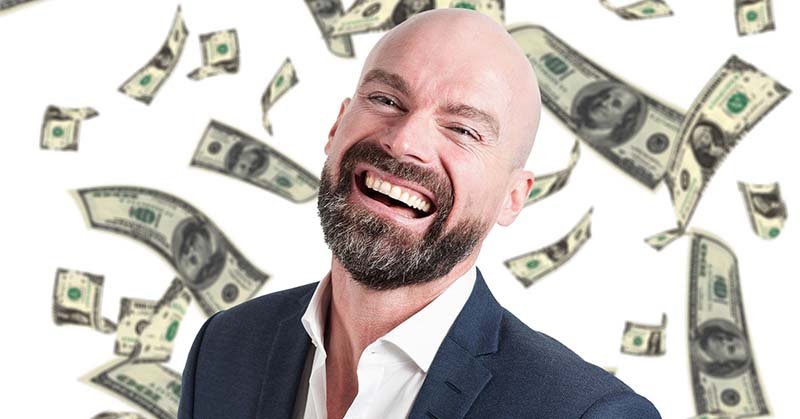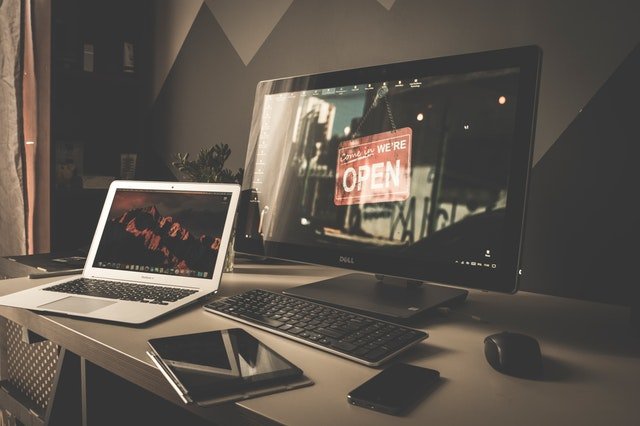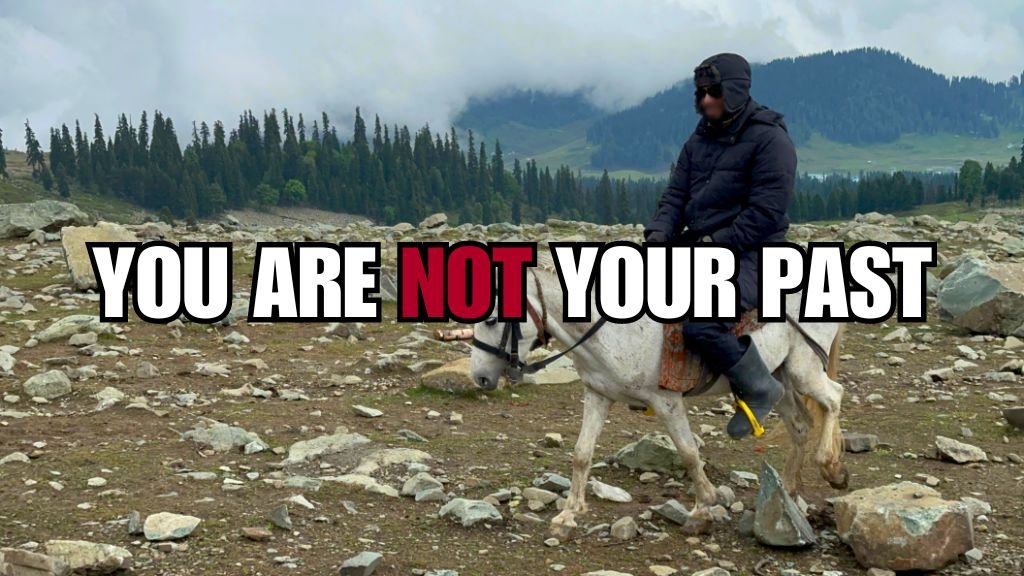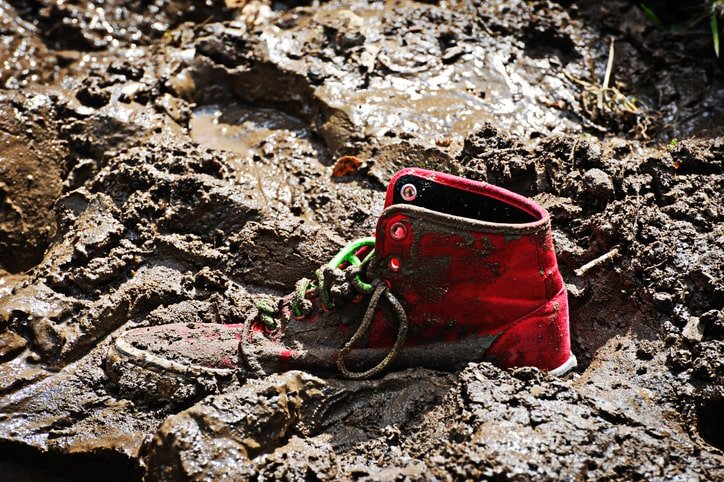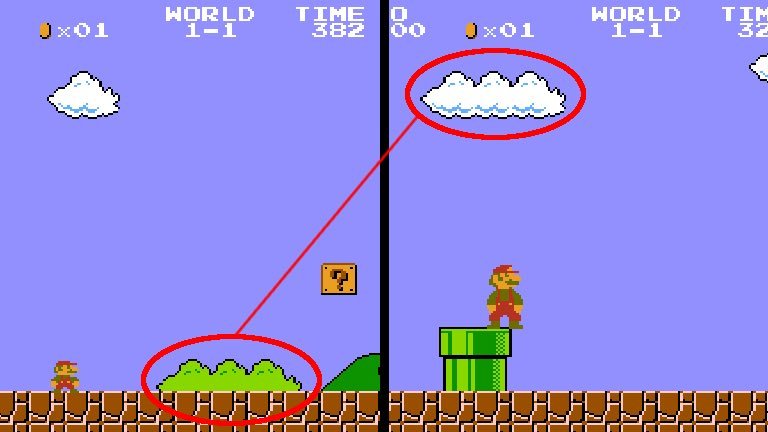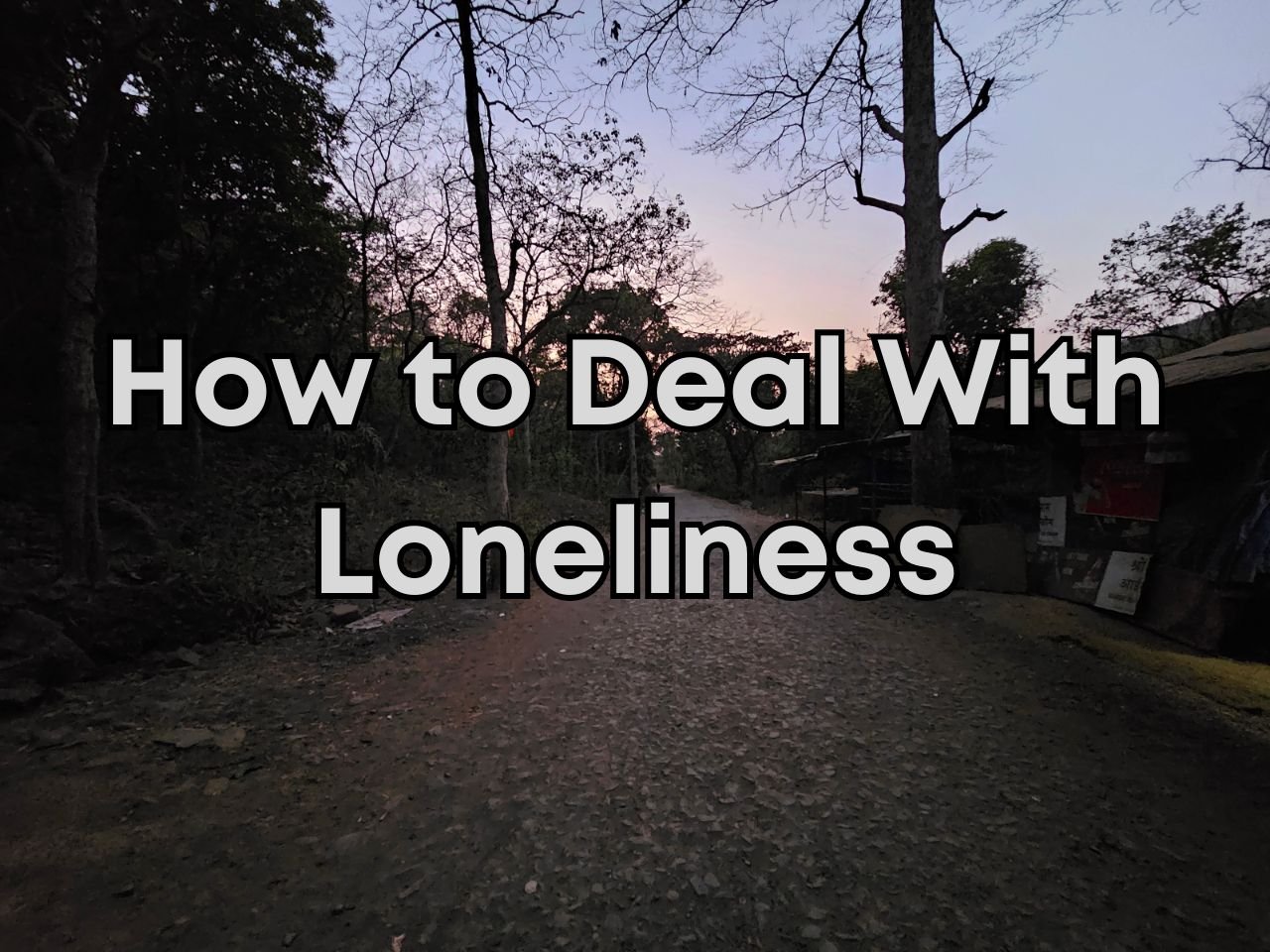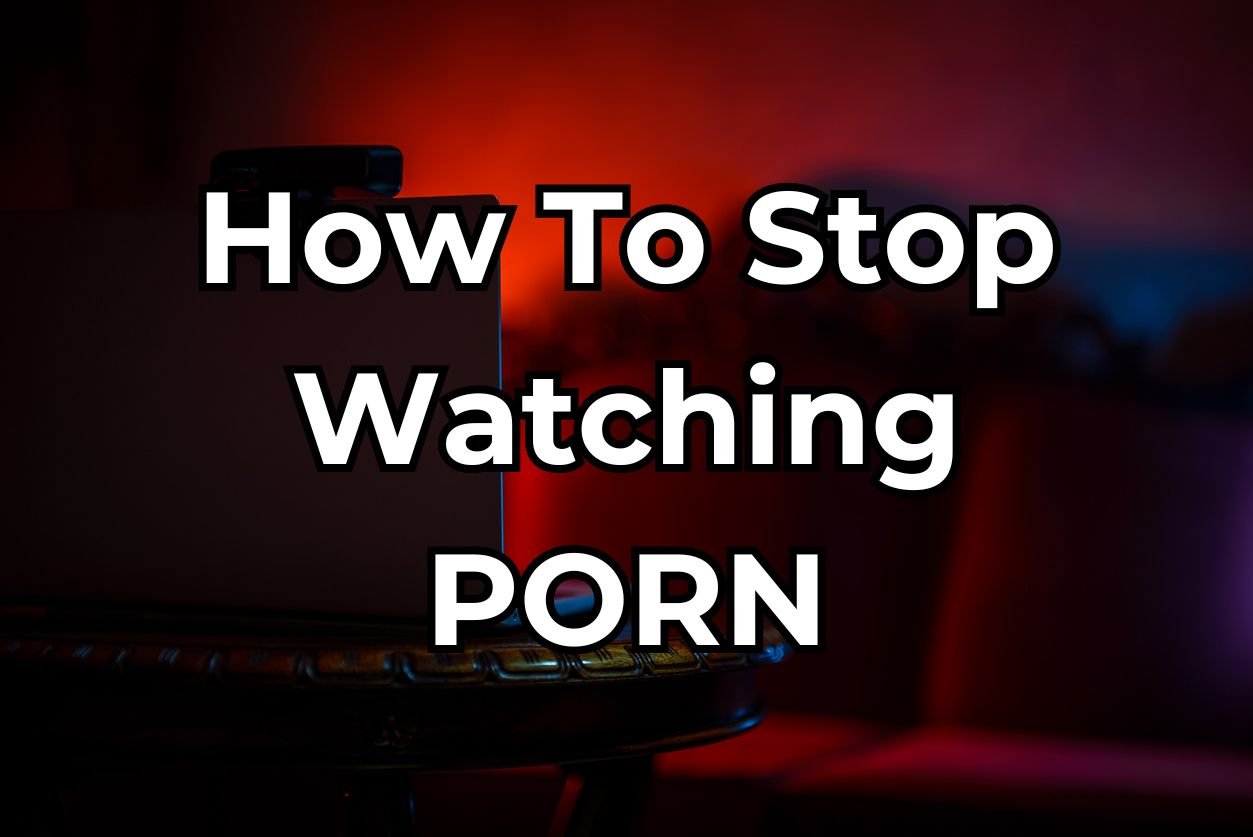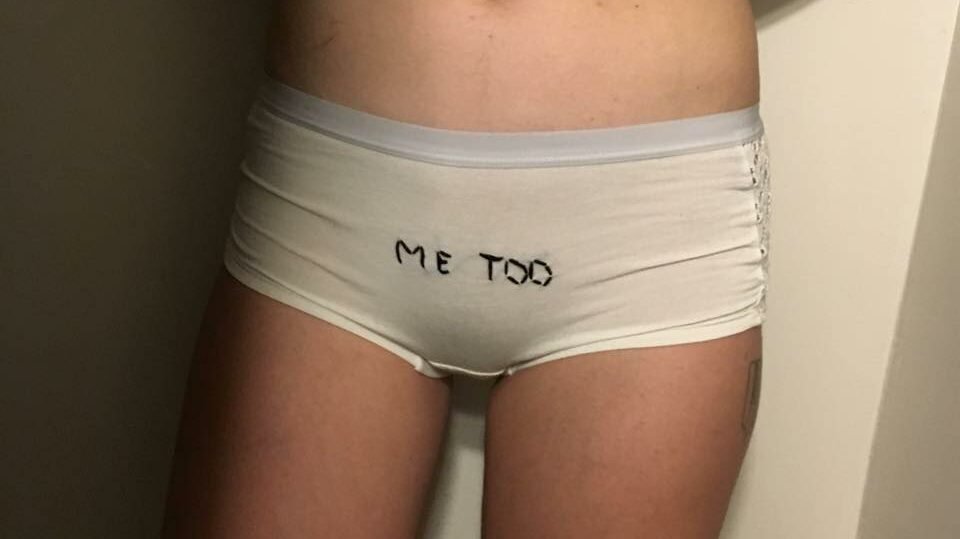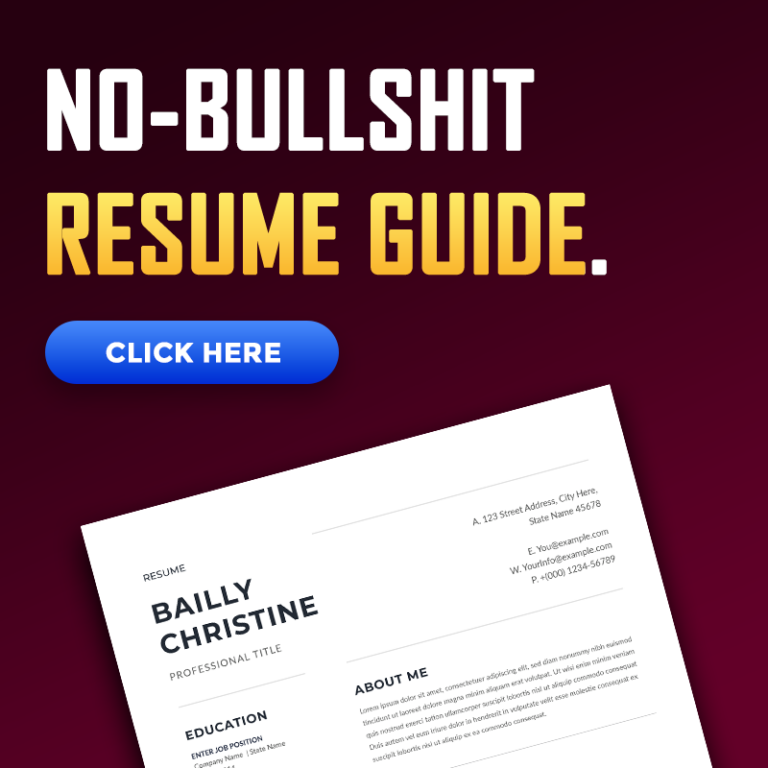I saw a tweet by Josh Whiton retweeted by Alexander Cortes that was about some supplements purchased from Amazon.
The story is so important that more people need to hear it, so I’ve quoted it in full:
A Thanksgiving scare. While visiting family I went to use a health supplement I bought for them last month on Amazon. But I stopped cold. The pills were green. Green? I have this supplement. And mine are yellow.
I called the manufacturer. “Are the pills supposed to be green or yellow?” I asked. “White,” they told me. The pills are supposed to be pure white.
Both bottles shipped to us were fakes, meaning that for the past month instead of taking a carefully chosen, targeted substance, we’d been swallowing… what exactly?
And how? I didn’t rummage around Amazon looking for any deals, I just clicked on a popular supplement from a highly regarded manufacturer with thousands of reviews and clicked ‘buy’.
But instead of pulling stock from the only authorized reseller of this product, Amazon swapped in some random seller of fakes.
I went to the seller’s reviews and found that the last recent review was from a customer complaining about this seller selling counterfeit supplements!
What had Amazon done? Nothing. Worse than nothing: Amazon had crossed out the negative review and appended it with some stock response saying, “This product was fulfilled by Amazon and we take responsibility for this error.”
Incredible. Instead of investigating the incident or banning the seller, Amazon as the fulfillment warehouse had essentially overwritten the report with some automated, idiotic support response.
Amazon may be too big to fail but perhaps it’s also become too big to function, and scammers are having a field day.
The manufacturer being spoofed has agreed to run tests on the fake supplements to figure out what exactly this stuff is that I’ve been taking. Is it flour with food dye? Some random drug? Dust from a vacuum cleaner? We’ll soon find out.
When using Amazon for supplements, find out who the manufacturer’s authorized resellers are and make sure that’s who’s shown during checkout. Check again after shipping to make sure some unscrupulous seller wasn’t swapped in. Or buy direct from manufacturers until Amazon cleans up their act.
The guy has been unknowingly consuming some random substance that may or may not be toxic.
Look, if you’ve ever sold anything on Amazon, you know how lax they are with checking authenticity.
Amazon is full of fake goods and while you can get a refund or replacement if you complain, there’s no customer support option on Earth that will get the random substance out of your body.
When it comes to supplements, ALWAYS buy direct from the manufacturer.
The more middlemen you have in the way, the higher the likelihood that the product is FAKE. This is true for all products by the way, even simple things like olive oil.
Buy from the brand’s website and not from Amazon.
Which supply chain is more likely to have fakes?
1) Manufacturer -> 2) You
Or
1) Manufacturer -> 2) Wholesaler -> 3) Retailer -> 4) You
Or
1) Manufacturer -> 2) Wholesaler -> 3) Retailer -> 4) Amazon -> 5) You
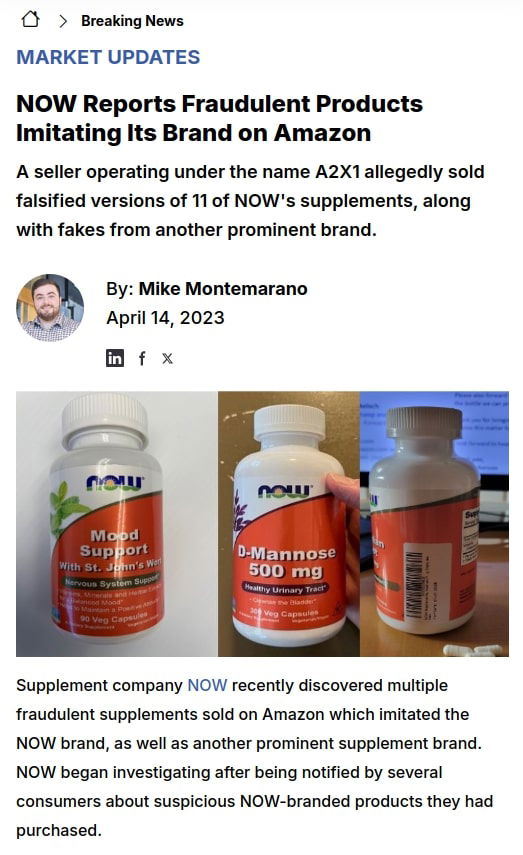
ANYONE can become a seller on Amazon and start selling anything. They could be an authorized distributor or some random individual selling fakes – you have no way to know for sure.
Just buy direct from the brand’s website. You might not get that Amazon discount but you know for sure that the product hasn’t been tampered with on the way to you.
Where possible, buy supplements manufactured by large pharmaceutical companies.
Here is an open secret: The laws that regulate the manufacture and distribution of dietary supplements are far weaker than those for pharma.
Pharma companies are highly regulated and their factories are frequently inspected by the law. They are more careful with their manufacturing because the risk for getting sued is high.
On the other hand, most random supplement companies don’t even have their own dedicated manufacturing.
They just get their products white labelled from China and often the owner of the store hasn’t even seen the factory in their life. They just use sites like Alibaba to source their product.
Opening a supplement store is as simple as giving them the design for your label and box, telling them what you want, and a warehouse address to deliver to.
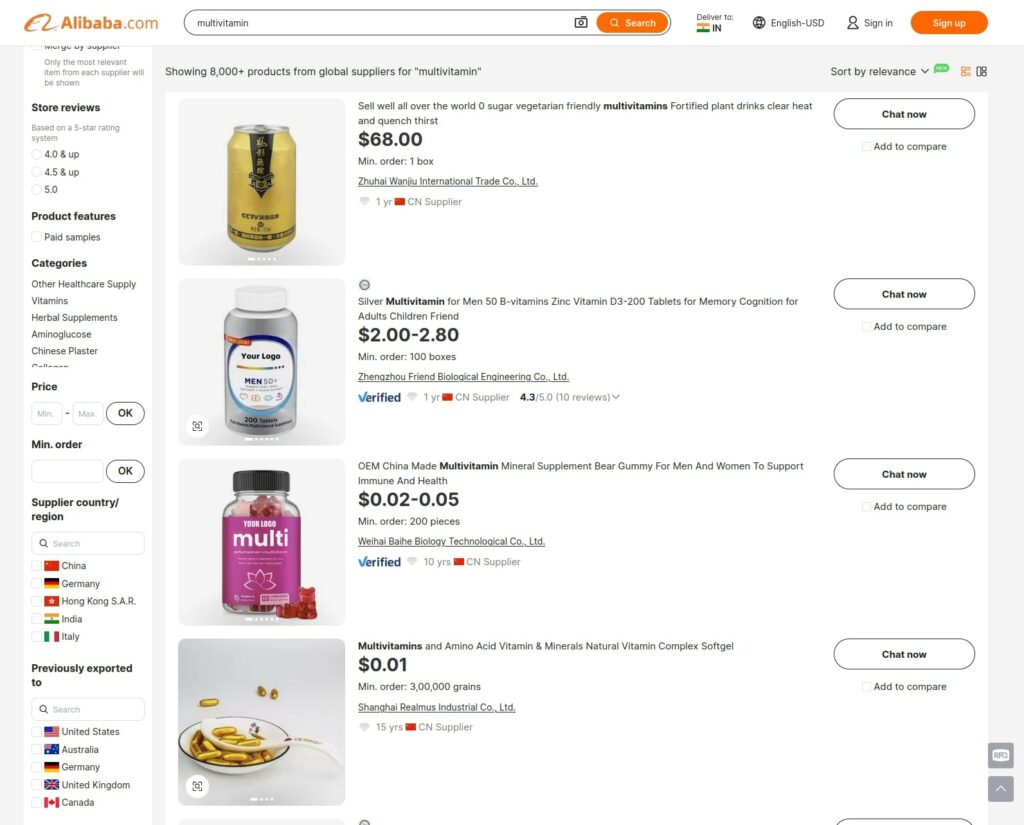
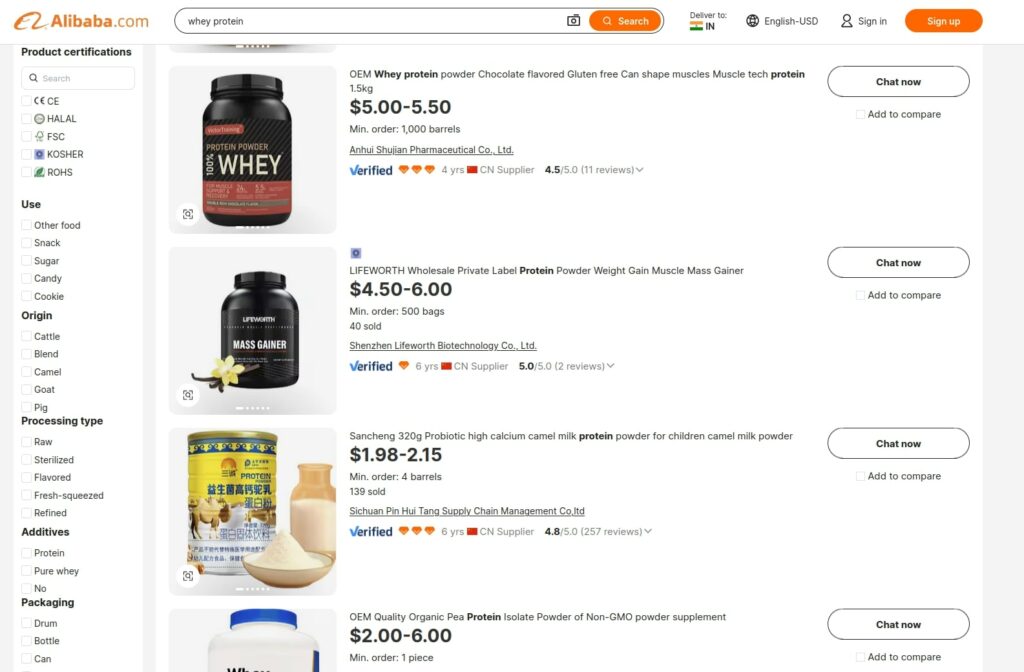
This is really how these businesses work. Some guy registers a brand name, designs packaging, orders the product white-labelled from Alibaba, makes an e-com store, and sells it to you.
No one checks that:
- The pills have the items on the label (eg. the box could say Zinc Citrate but the actual product might be Zinc Glycinate)
- The pills have the same quantity as on the label (eg. the box says 100mg caffeine per pill but the actual amount could be 50mg or 200mg or any other figure)
- The product hasn’t been spiked with something (spiking is usually done with whey protein where they add low grade amino acids like taurine or glycine to inflate the amount of protein in the product but really they’re useless additives)
- The standards of manufacturing are high (eg. your ayurvedic plant supplement might come with an unhealthy dose of lead and mercury)
Your e-com store owner might be buying from a decent factory who’s doing things right, or they might just be buying from the cheapest manufacturer they can find (usually the latter).
99% of the time, the guy who runs the store cares more about marketing than about manufacturing and the product itself.
For them it’s just another business line and they don’t care about you or your health.
In all fairness, neither do real pharmaceutical companies but regulations are far tighter for pharma companies than for supplement sellers.
Pharma companies have very stringent manufacturing requirements and the information on the bottle has to match the product. The chances of you getting an under-dosed, over-dosed, or spiked product are far lower.
You might have to do a bit more research to find the pharma version of the supplement, but they exist and the time invested to find them is worth it.
Hope that helps.
Your man,
Harsh Strongman

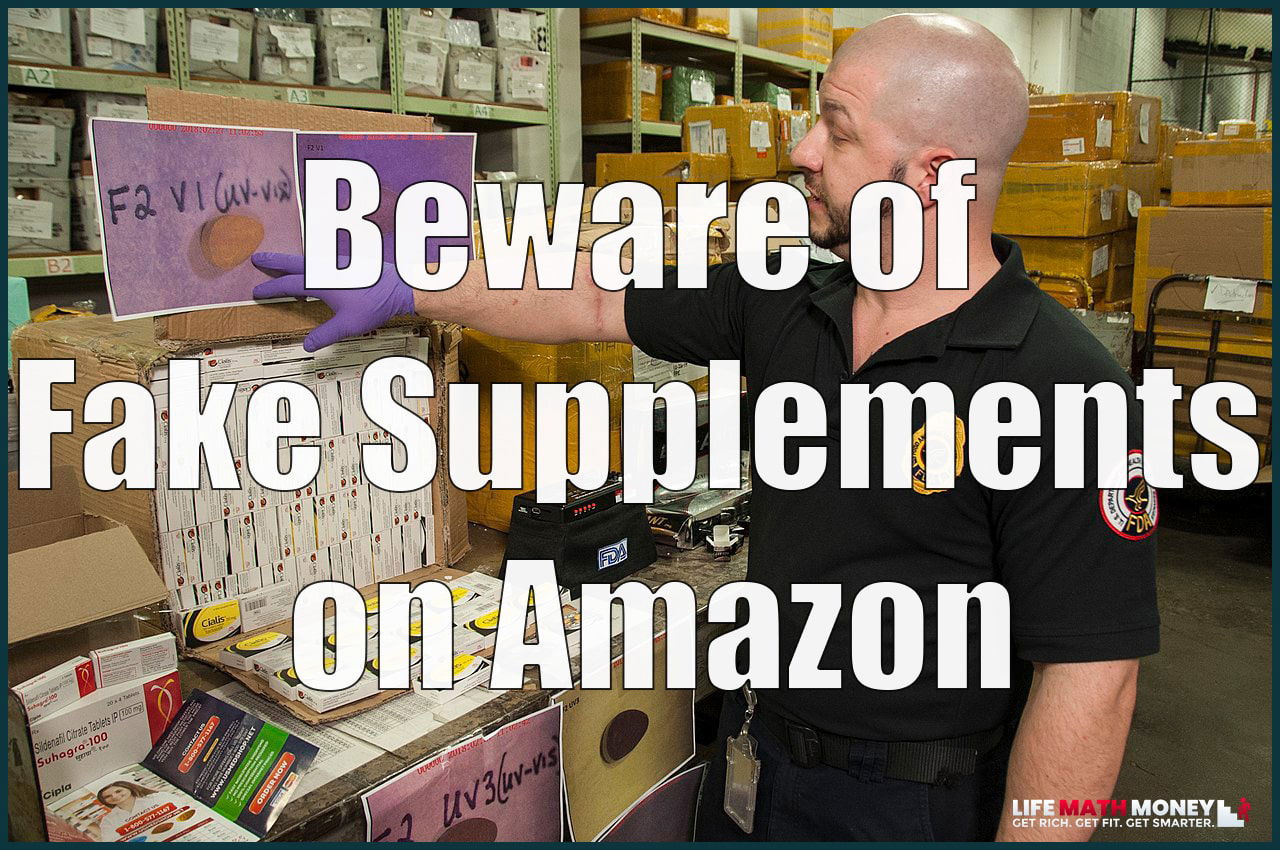








![Traits Women Find Attractive Traits Women Find Attractive (And How to Score Yourself) [PART 1: Physical Aspects]](https://lifemathmoney.b-cdn.net/wp-content/uploads/2025/11/Traits-Women-Find-Attractive-1.jpg)




